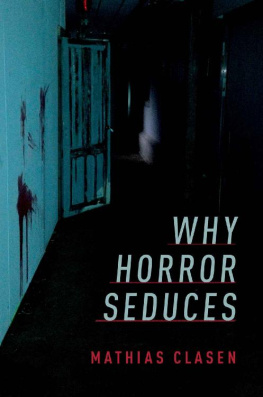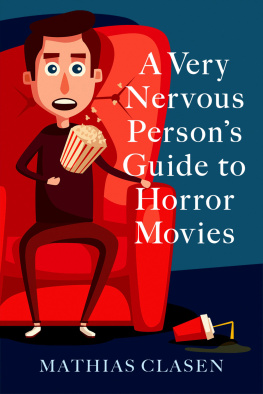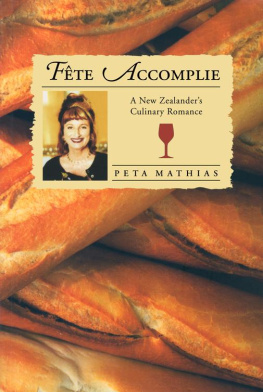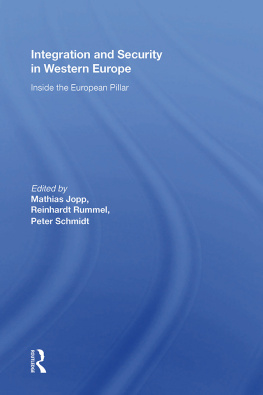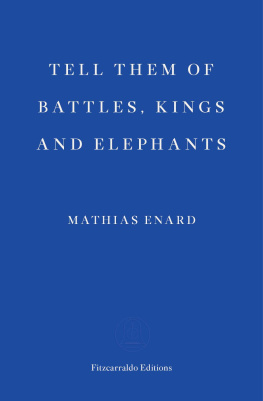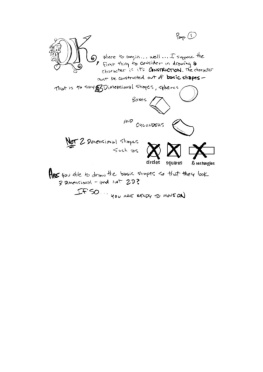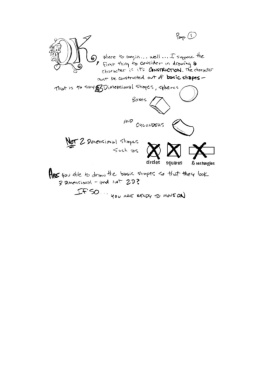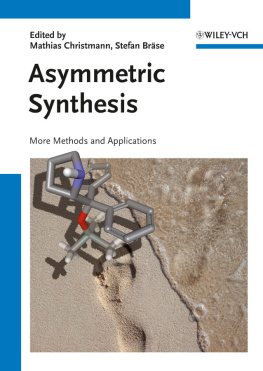Mathias Clasen - Why Horror Seduces
Here you can read online Mathias Clasen - Why Horror Seduces full text of the book (entire story) in english for free. Download pdf and epub, get meaning, cover and reviews about this ebook. year: 2017, publisher: Oxford University Press, genre: Romance novel. Description of the work, (preface) as well as reviews are available. Best literature library LitArk.com created for fans of good reading and offers a wide selection of genres:
Romance novel
Science fiction
Adventure
Detective
Science
History
Home and family
Prose
Art
Politics
Computer
Non-fiction
Religion
Business
Children
Humor
Choose a favorite category and find really read worthwhile books. Enjoy immersion in the world of imagination, feel the emotions of the characters or learn something new for yourself, make an fascinating discovery.
- Book:Why Horror Seduces
- Author:
- Publisher:Oxford University Press
- Genre:
- Year:2017
- Rating:5 / 5
- Favourites:Add to favourites
- Your mark:
- 100
- 1
- 2
- 3
- 4
- 5
Why Horror Seduces: summary, description and annotation
We offer to read an annotation, description, summary or preface (depends on what the author of the book "Why Horror Seduces" wrote himself). If you haven't found the necessary information about the book — write in the comments, we will try to find it.
Why Horror Seduces — read online for free the complete book (whole text) full work
Below is the text of the book, divided by pages. System saving the place of the last page read, allows you to conveniently read the book "Why Horror Seduces" online for free, without having to search again every time where you left off. Put a bookmark, and you can go to the page where you finished reading at any time.
Font size:
Interval:
Bookmark:
Mathias Clasen


Oxford University Press is a department of the University of Oxford. It furthers the Universitys objective of excellence in research, scholarship, and education by publishing worldwide. Oxford is a registered trade mark of Oxford University Press in the UK and certain other countries.
Published in the United States of America by Oxford University Press
198 Madison Avenue, New York, NY 10016, United States of America.
Oxford University Press 2017
All rights reserved. No part of this publication may be reproduced, stored in a retrieval system, or transmitted, in any form or by any means, without the prior permission in writing of Oxford University Press, or as expressly permitted by law, by license, or under terms agreed with the appropriate reproduction rights organization. Inquiries concerning reproduction outside the scope of the above should be sent to the Rights Department, Oxford University Press, at the address above.
You must not circulate this work in any other form
and you must impose this same condition on any acquirer.
Library of Congress Cataloging-in-Publication Data
Names: Clasen, Mathias F. author.
Title: Why horror seduces / Mathias Clasen.
Description: Oxford; New York, NY : Oxford University Press, 2017. |
Includes bibliographical references and index.
Identifiers: LCCN 2017005226 | ISBN 9780190666514 (pbk. : alk. paper) |
ISBN 9780190666507 (cloth : alk. paper) | ISBN 9780190666545 (Oxford scholarship online) | ISBN 9780190666538 (epub)
Subjects: LCSH: Horror tales, AmericanHistory and criticism. |
American fiction20th centuryHistory and criticism. |
American literaturePsychological aspects.
Classification: LCC PS374.H67 C53 2017 | DDC 813.009/164dc23
LC record available at https://lccn.loc.gov/2017005226
This book is the result of years of research on, and a longstanding fascination with, horror and monsters. Thirty years ago, nobody could have predicted that I would write a book on horror. I was an anxious kid whod give spooky stuff of any kind a very wide berth indeed. I wouldnt whistle past the graveyard, Id stay the hell away from it. Id get nightmares from the most innocuous ghost story. In the summer of 1992, when I was 14, some friends lured me to a screening of Sleepwalkersa schlocky vampire/werewolf film based on a Stephen King script. I had to walk out of the movie theater about halfway through because I couldnt stomach it, and Ive never quite recovered from that loss of face. Two years later, a new friend invited me over for a day of movie watching. That new friend, Mike, had gotten his hands on a LaserDisc edition of The Stand, another Stephen King adaptation. It completely blew me away, but in a good way. From that day, I was hooked on horror. Id like to thank Mike for setting it all in motion on that fall day in 1994. Id also like to thank the horror artists who deepened my appreciation of horrorabove all Stephen King, Peter Straub, Dennis Jrgensen, and John Carpenter. Thanks for the countless nightmares, and for top-notch research material.
Id like to thank also the many colleagues who have supported and helped me over the years, and who have critiqued my ideas and prompted me to refine them. Joe Carroll has been my toughest critic and strongest supporter from the beginning. Hes the most ruthless and the most generous editor I know. Without his help and encouragement, this book wouldve never been written. Steven Pinker has been exceptionally helpful and inspiring, going out of his way on several occasions to support a young scholar. Jon Gottschall took me under his wing and introduced me to the small but welcoming world of evolutionary literary scholars when I was a wide-eyed graduate studentincluding Brian Boyd, Judith Saunders, Brett Cooke, Dirk Vanderbeke, and Marcus Nordlund. They have all been helpful and supportive beyond the call of academic duty. Ive benefitted enormously from my friendship with Emelie Jonsson, a young evolutionary literary scholar whos as generous as she is smart. Id like to thank also Leda Cosmides and John Tooby, as well as their colleagues in the Center for Evolutionary Psychology at UCSB, for providing a hospitable and motivating intellectual environment during my visiting fellowship in 2011. Thanks to my friends and colleagues in the GotPop research network on popular culture at Gothenburg University, especially to Joe Trotta and Houman Sadri for stimulating conversation, and to monster scholars extraordinaire Todd Platts and Stephen Asma.
My colleagues in the Department of English at Aarhus University have patiently listened to my ideas about the evolved underpinnings of horror. Special thanks to my old supervisor, Peter Mortensen, who continues to be invariably supportive (despite his not unreasonable conviction that my literary tastes converge with those of a preadolescent boy). Thanks also to Ocke-Schwen Bohn who introduced me to evolutionary psychology during my undergraduate studies, and thanks to all the other colleaguesnot least Jane, Martin, and Mariannewho make this a great department. Aarhus University has fostered an intellectual environment highly hospitable to interdisciplinary evolutionary work, and I thank my evolutionarily-minded colleagues for fruitful discussions and collaborations: Jesper Srensen, Marc Andersen, Uffe Schjdt, Kristoffer Laigaard Nielbo, and Armin Geertz of the Religion, Cognition and Culture Research Unit; my colleagues in the Centre for Biocultural History; my old squad in Peter C. Kjrgaards research groupCasper Andersen, Jakob Bek-Thomsen, Stine Sloth Grumsen, Hans Henrik Hjermitslev, and Prof. K himself; Andreas Roepstorff and his passionate team of researchers in the Interacting Minds Centre; and Michael Bang Petersen and his crew in the Politics and Evolution Lab. Id like to thank also the many, many English students who have enthusiastically discussed my ideas with me, especially my MA students and the students in my elective courses Fear for Your Life (2016), Fifty Years of American Nightmares (2014), and Demons, Depravity, and the Devils Spawn (2013).
I have been fortunate to have several specialists read the entire manuscript and give thoughtful and critical feedback. Joe Carroll and Emelie Jonsson read the whole thing and prompted me to constantly revise and improve. Some chapters they read several times as I struggled to bring out my ideas clearly and coherently. Jens Kjeldgaard-Christiansen also read the entire manuscript, offering excellent advice and suggestions and helping me with the figures for the book. The four anonymous reviewers, commissioned by OUP, each provided encouragement and helpful comments.
Id like to thank my editors at OUP, Norman Hirschy and his assistant Lauralee Yeary. They have been exceptionally supportive, helpful, and pleasant to work with throughout the process. Norm is not a big horror buff, but that never dampened his invigorating enthusiasm for the project. I enjoyed exchanging with Lauralee recollections of horror stories that profoundly disturbed us as kids. Growing up thousands of miles and several years apart, we were both terrified by that X-Files episode about a monster that would squeeze itself through mail slots or air vents and erupt into unsuspecting folks apartments and rip out their livers and eat them. No fava beans or anything fancy like that, just raw predatory hunger. Its a potent scenario that resonates with an ancient alarm system in human nature.
Font size:
Interval:
Bookmark:
Similar books «Why Horror Seduces»
Look at similar books to Why Horror Seduces. We have selected literature similar in name and meaning in the hope of providing readers with more options to find new, interesting, not yet read works.
Discussion, reviews of the book Why Horror Seduces and just readers' own opinions. Leave your comments, write what you think about the work, its meaning or the main characters. Specify what exactly you liked and what you didn't like, and why you think so.

